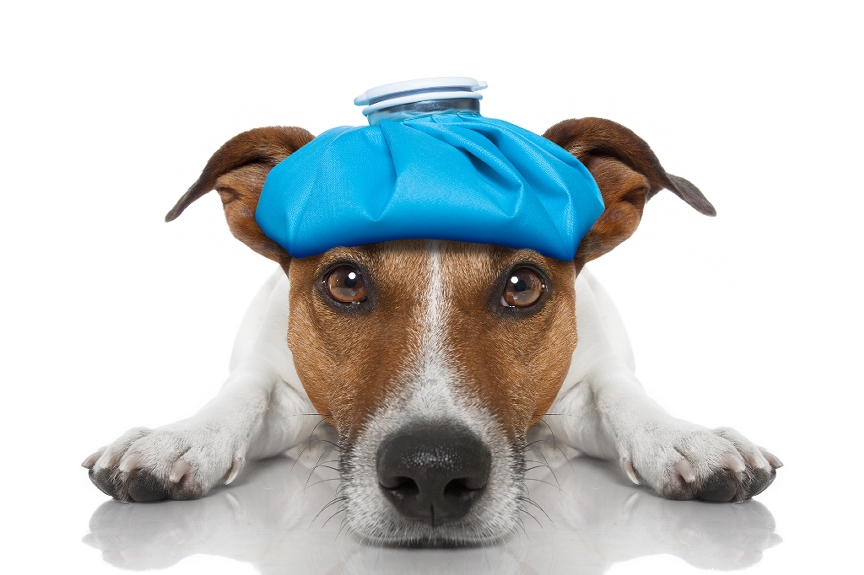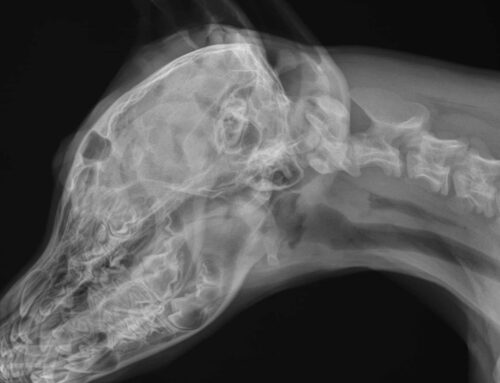The news is full of it…the flu is raging from the East Coast to the West Coast. In New York City, 8,000 cases were reported in just one day! Humans aren’t the only ones at risk; flu infection in cats and dogs may be much more common than thought. Bad news for sure, but it gets worse—research is reporting that our pets may be catching the illness from their owners!
Dogs seem to be relatively safe from the human strains. But a cat can catch a cold or the flu from you. “The virus attaches to cells in the respiratory tract of felines similarly to how it does in humans,” says Scott Weese, the Canada research chair in zoonotic diseases and an associate professor at the Ontario Veterinary College. One study of cat blood samples found about 30 percent of cats in Ohio had been infected with seasonal flu, and 20 percent had been infected with the H1N1 flu strain that caused the 2009 pandemic. Studies also suggest there has been an increase in cat flu infections since 2009. Cats also get cat-to-cat viruses that are similar to a cold, but humans can’t catch those.
“There’s no concern with dog-to-human, or human-to-dog, transmission,” says Weese. “Dogs get viruses from each other.”
If you have a pet, it’s always a good idea to wash your hands often, especially after contact. “Avoid exposure from the pet’s saliva to your mucous membranes, such as your nose and mouth, or broken skin,” says Weese.
If a pet is under the weather, keep him away from family members with weakened immune systems, such as pregnant women and the elderly. Some experts say you should never let pets sleep in your bed – especially under the covers.
Help your pal feel better
Animals infected with the flu develop symptoms similar to those in people, including breathing problems, a running nose or eyes, and fatigue.
To protect pets, Christiane Loehr, an associate professor at Oregon State University’s College of Veterinary Medicine suggests that owners get the seasonal flu shot, which will reduce the chances of catching flu and spreading it to others — both people and pets. “People who become sick with the flu should take the same precautions with their pets as they would with other people, such as minimizing contact with them,” Loehr said.
If your pet is sick, help him feel better by regularly cleaning his area (food and water bowls, and where he sleeps) and, in the case of cats, changing the litter box often.
Let him rest and be sure to supply lots of water. If he’s stuffed up, a humidifier may help him breathe easier, suggests the American Veterinary Medical Association. If you’re worried, have your vet do a physical exam. He or she may suggest diagnostic tests, such as a culture or blood count.
And, says Weese, tell your physician if your pet is sick and you become ill, even if the symptoms don’t seem related. It could help him or her diagnose and treat you.
The content is not medical advise, nor is it intended to be a substitute for veterinary treatment or care. First, consult with your veterinarian before use.






